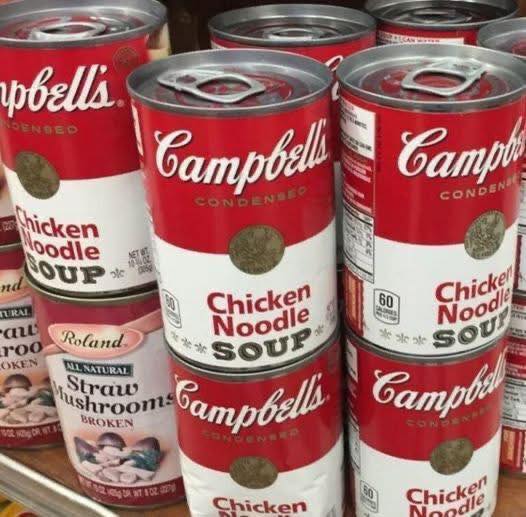Campbell’s Soup Gets Some Terrible News
The narrator believed her family embodied a picture-perfect, Hallmark-style life filled with love and whimsy, especially during the holidays. Her daughter Mya’s curiosity and wonder inspired her to create magical Christmas experiences—like transforming their living room into a snow globe or organizing caroling. This year, she looked forward to surprising Mya with tickets to The Nutcracker, confident it would be their most enchanting holiday yet.
As Christmas approached, Mya’s innocent questions about Santa’s reindeer showed her deep empathy. On Christmas Eve, after all the usual festivities, the narrator discovered Mya missing in the middle of the night. A note left under the tree revealed that Mya had gone across the street to let Santa’s reindeer rest in an abandoned house, bringing sandwiches, blankets, and even the family’s car keys “in case they got tired.”
The narrator found Mya safely bundled outside, proud of her good deed. Rather than scolding her, she embraced her daughter’s kindness and imagination, helping her return home and keeping the Santa plan alive by pretending not to know about the note. On Christmas morning, Mya discovered a letter from “Santa,” thanking her and praising her compassion, a moment that filled her with awe and joy.
Reflecting later, the narrator realized that while she always tried to create magic for her daughter, this Christmas, Mya had created it herself. Through her thoughtful actions and boundless imagination, Mya reminded her parents—and readers—that true holiday magic is born from kindness, empathy, and the belief in something bigger than ourselves.
